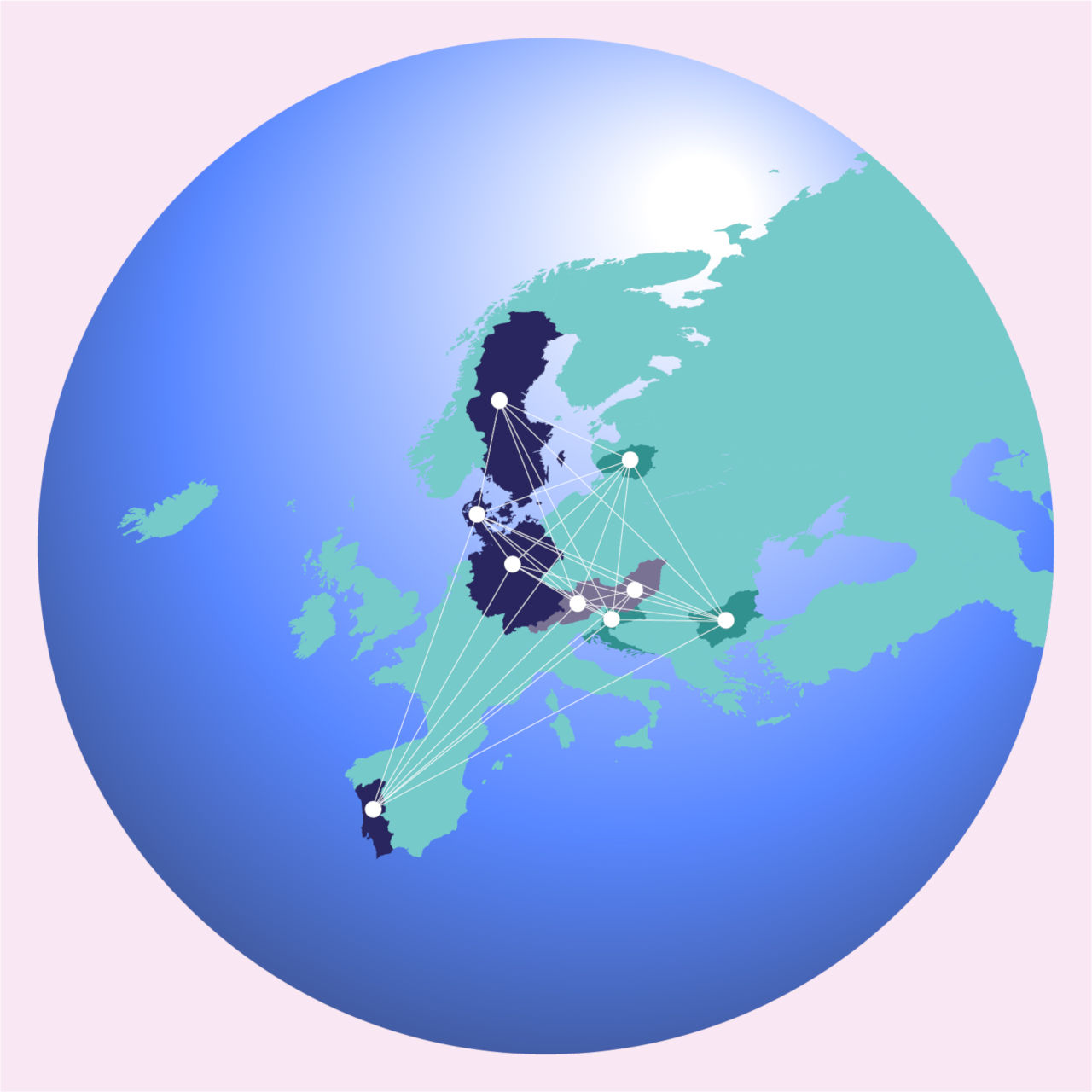Navigating differing organizations and national cultures
It is imperative that SPEAR partners develop an understanding of what gender equality means in all our respective national cultures, to help each other conceive strategies that play into national tastes and counter culturally-specific obstacles. Some universities desire primarily to ensure employment of a higher number of qualified women, while other institutions are more focused on the importance of female role models in specific fields of male-dominated research or in leadership positions. Other institutions are more focused on the horizontal segregation, where women may be represented at the proper professional levels but are disproportionately assigned tasks that impede career progression. Most of us are working to change or challenge our organizational cultures in one way or another, e.g. their readiness to welcome more diversity in recruitment, to introduce or strengthen the gender dimension in research, or to ensure teaching environments, where women do not face additional challenges because of their gender.
Norms and traditions about the societal role of men and women and their inherent qualities and career potential vary from one country to the next. Therefore, SPEAR partners navigate in a glocal collaboration, where institutional gender equality progress is simultaneously part of the larger international movement toward gender equality (e.g. included in the United Nations’ Sustainable Development Goals), yet is informed and conceived by local, national and organizational contexts. All partners possess deep knowledge of what is possible or impossible to achieve in their own cultures and organizations. Some partners belong to universities where few or no gender equality measures are in place (yet), and where SPEAR represents the first proper venture in this field. In such a context, practical tools for implementing GEPs, e.g. how to locate stakeholders, find or create allies, or the strategic use of role models, are particularly useful. Other partners have a longer history of working with gender equality and therefore may have a more widely accepted understanding that there are indeed issues to address. Here it is helpful to recognize one’s own challenges and accomplishments and discover new avenues for gender equality work through comparisons and ongoing dialogue with other SPEAR partners. For instance, by exchanging experiences about the ways in which our political climates or cultural moments impede or support our work, and how to take advantage of supporting factors and silence or pacify opposition.
In-vivo and virtual meetings
Some of this work takes place at our annual PLSMs (Project Learning and Support Meetings), where we ensure structured joint reflections in our Communities of Learning (CoLs) and Communities of Practice (CoPs) - read more on this topic here. Representatives from all partner universities meet in person at these annual PLSMs, and subgroups meet in person a few times during the project, at site visits in our LCSs (Learning and Support Clusters) comprised of two IPs (Implementing Partners) in the same region and one SIP (Supporting Implementing Partner). Each Cluster will receive visits from two SIPs to ensure the cross-pollination of experiences and ideas that are integral to SPEAR. In-between these in-vivo meetings, we meet in different groupings via online meeting platforms, and this also requires focused facilitation allowing everyone to articulate their perspectives, aspirations, grievances, concerns, or reservations. Online technology enables this collaboration, but we still need to be mindful of (sometimes) subtle differences in meeting cultures, mutual expectations of group work, humour, etc. To ensure effective and pleasant collaborations, in addition to our ongoing correspondence, SPEAR employs written “psychological contracts” in our Learning and Support Clusters that make some of these mutual expectations and possible ways to address and rectify challenges along the way explicit.
In SPEAR we aim to take an explicit and deliberate stance in working with and across differences and diversity – through planned discussions, through joint and individual reflection and through diligent exploration whenever cues of divergence occur. We strongly believe that to be integral to the overall aims of the project – and in this way we may hone our own skills and behaviour and, ultimately, our integrity and awareness as gender practitioners in European RPOs.


